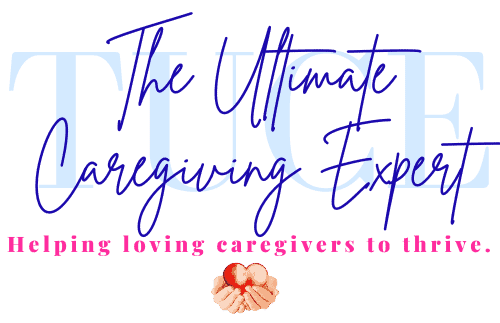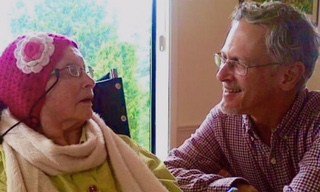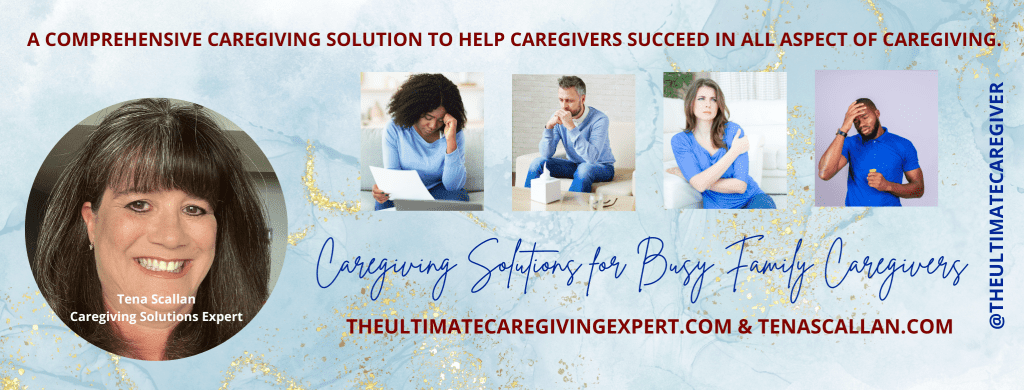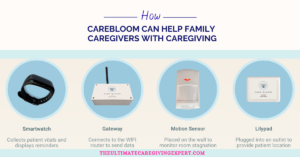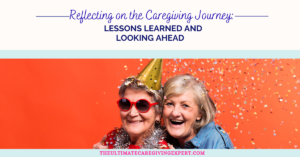How Bill Cohen became a caregiver
Sixteen years ago, I never could have imagined that I’d be starting a caregiving journey with my late mother, Sheila.
Sheila Cohen Springer was a master printmaker specializing in the intaglio technique, an early Mac adopter and user in her 60s, beloved wife, sister, aunt, and my mother. Sheila was a widely recognized artist and respected teacher and was the owner and operator of the Imprimerie Graphics Workshop in Biloxi, MS, where she lived for almost 30 years.
If you had told me I’d experience this journey, I would have said “no way”:
- My mother, in her early 70s, would show signs of dementia. Something was different and disturbingly “not right” about her.
- She wasn’t taking care of the house or herself.
- She wasn’t keeping up with the finances, and her tax records were sitting in piles…barely touched.
- She seemed confused and paranoid.
- She was stressed trying to care for her second husband, who was in hospice care with EMTs regularly coming to the house.
- And she was socially isolated a few miles inland in Biloxi’s Back Bay.
Did we notice something was wrong? Certainly.
Did we think it might be some form of dementia? Probably.
Did we discuss it among ourselves? Absolutely.
Did we all agree on what to do…and did mom go along? Not exactly.
But did we think it was Alzheimer’s? We didn’t know what was progressing in her brain until Hurricane Katrina’s devastating storm surge destroyed their home on August 29, 2005. The trauma of losing everything she owned and cherished exacerbated and accelerated her decline.
So back to my incredible story:
- Mom would have her health and ability to create beautiful art stolen by Alzheimer’s
- She’d be with other East Coast families for about two years. After that, I became a long-distance caregiver while I held a full-time government job, making several cross-country trips.
- I’d become her caregiver, durable power of attorney, trustee, and health representative, not just her elder son.
- I’d start attending a dementia caregivers support group
- I’d start making plans to move her into a Raleigh Hills care community
- I’d drive her here to Oregon, where she was in assisted living for a year, then memory care for four years
- She passed away after a 10-year journey at 83 in 2013.
- I became the facilitator of that same support group I started attending and continue to do so today 15 years later.
- I also became a volunteer to raise funds and awareness and an advocate for research dollars, all in my mother’s honor and memory.
- I started leading another support group.
- After “retiring,” I became a Caregiving Support Consultant, providing advice, guidance, resources, and support to family caregivers.
Unbelievable, right? But that’s what happened.
Bill Cohen took his loss and pain and turned it into his passion and “encore career.”
So, if she wasn’t that old and no one else in the family had Alzheimer’s, why did she get such a progressive, incurable disease? Mom had no (known) major health problems other than elevated cholesterol, and no other family member had the disease. And, as I said, she was in her early 70s. So, why would we jump to that conclusion?
Here’s what my family and I thought since, in most cases, primary care physicians have little geriatric training. They have limited ability to diagnose, let alone treat, most forms of dementia:
- She lived in a polluted area full of toxins and chemicals, the Mississippi Gulf Coast.
- She used to smoke.
- She didn’t exercise beyond a short walk with her dog. She wouldn’t even get in a pool because kids used it.
- She was isolated a few miles from town and other people.
- She was my stepfather’s caregiver and getting stressed and worn out herself.
- And as a printmaker for many years, she etched into metal plates and then soaked them in an acid bath.
No, anyone of these probably wasn’t why she developed her debilitating illness. Instead, there is increasing evidence that one’s environment and lifestyle or behavior choices are significant factors in raising our risk of developing dementia. By not getting the benefits of cardiovascular activity, eating a lot of fried, contaminated food, prolonged exposure to metals and chemicals, and her stress from caregiving, they tipped the scales against her. And then seeing her home for almost 30 years swept away by Hurricane Katrina caused so much trauma her disease accelerated after that loss.As I like to remind people:
Gut Health = Heart Health = Brain Health
By taking better care of our health and our person living with dementia, we can delay the onset at least or slow the progression.
So that’s my story and why I help family caregivers. Most of you probably feel like I did when the first signs or diagnosis became apparent. I became exhausted and overwhelmed and felt alone. I had no idea what resources were available, who to talk to, or how long the disease would take. So I understand how you feel. And remember, we are all doing the best we can.
Besides being my late mom’s caregiver for ten years, I have been a caregiver support group leader for seven years, a speaker, an Alzheimer’s Association and HOPE Dementia Support Groups volunteer, and a Certified Senior Advisor (CSA)®.
I have completed multiple caregiving and aging courses through the Alzheimer’s Association, Teepa Snow and other training, and the Society for Certified Senior Advisors™? and earned business degrees from Boston and Portland State Universities. I have lived in the Portland, Oregon, area for over 35 years and live with my wife of 40 years, Lori, in Tualatin.
Thanks for listening. ??
Bill Cohen
503-522-8320
bill@cohencaregivingsupport.com
Please Join Bill Cohen’s Facebook Support Group:
https://www.facebook.com/groups/235240217385401/?ref=share
For more information or support for individuals or groups, please see:
https://cohencaregivingsupport.com/
